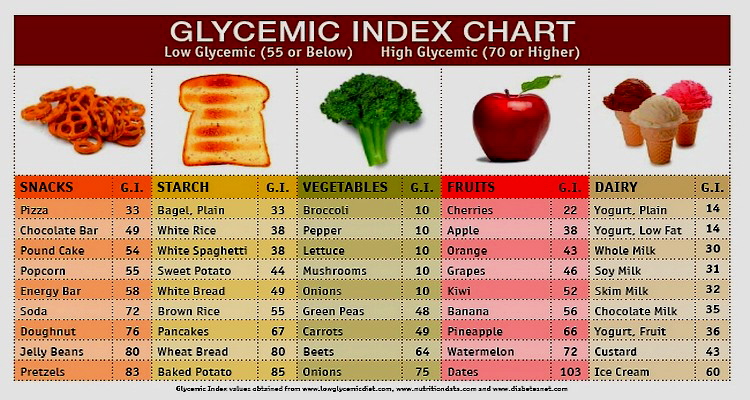The Glycemic Index: How it Affects Your Health

If you suffer from diabetes or sensitivity to sugar, then you’ve most likely heard the term “glycemic index”. To put it simply, the glycemic index is a measure of how fast certain foods cause the blood sugar levels in your body to rise. Foods are measured on a scale ranging from 0 to 100. The higher the number on the glycemic index scale, the faster the spike will be in your blood sugar. On the other hand, blood sugar levels rise much more slowly with foods that have a low index number.

So what exactly causes the high and low glycemic index in particular foods? Typically, foods that are processed and contain refined sugars, like cookies and pretzels, rank very high on the glycemic index scale. Fibrous fruits, vegetables and grains such as apples, Greek yogurt and spinach rank relatively low. People who eat a lot of high glycemic index foods tend to have greater levels of body fat, as measured by their body mass index (BMI). High BMI is linked to obesity, heart disease, diabetes and many other health problems.
Low Glycemic Diet Protects Vision in Older Adults!
Diets that consist mostly of foods with a low glycemic index usually yield better results, because these foods have a tendency to keep you feeling full longer. Also, those with Type 2 diabetes benefit greatly from foods that rank low on the glycemic index scale – these foods prevent a spike in insulin levels.
Source: http://www.webmd.com/diabetes/glycemic-index-good-versus-bad-carbs